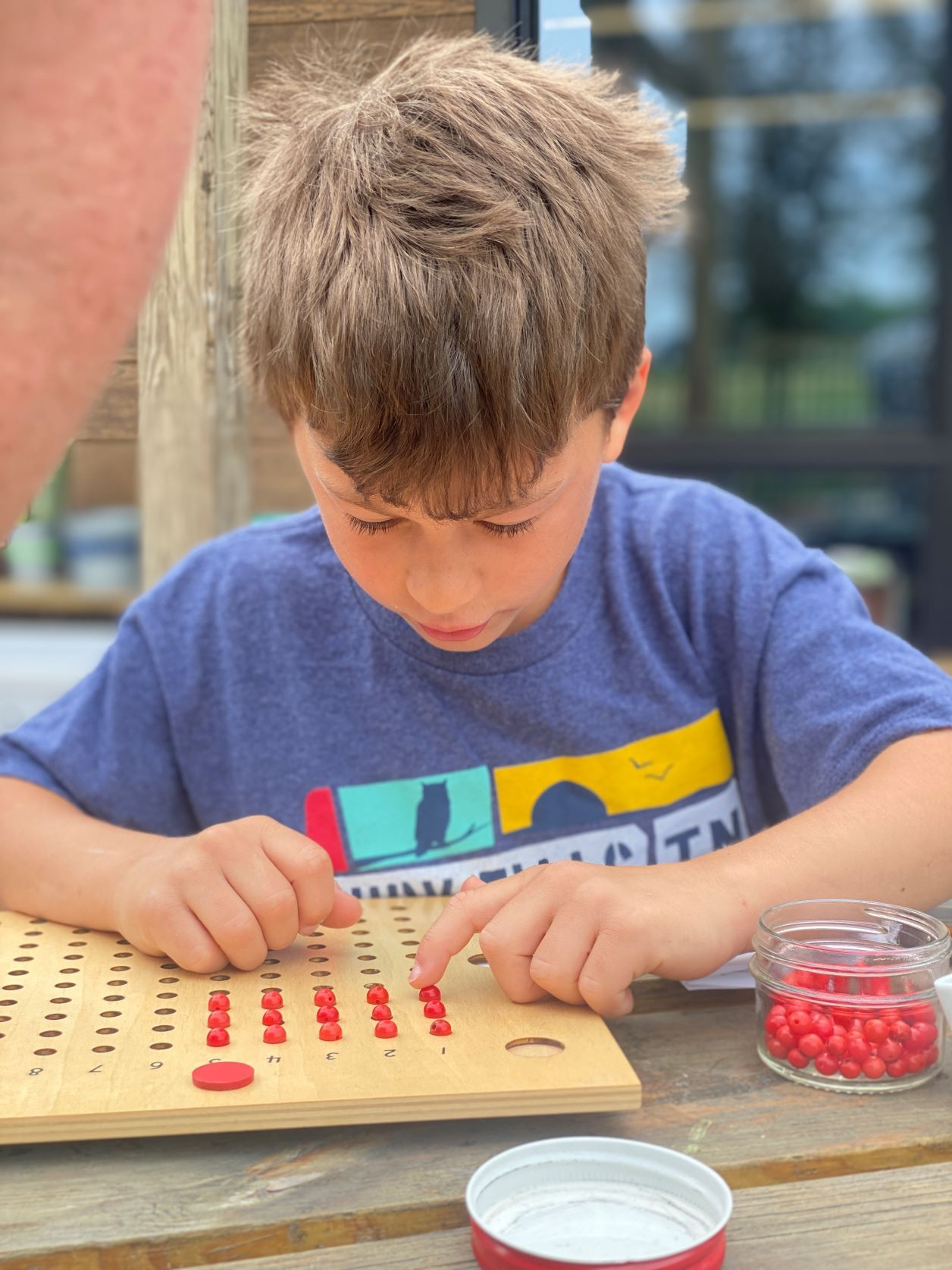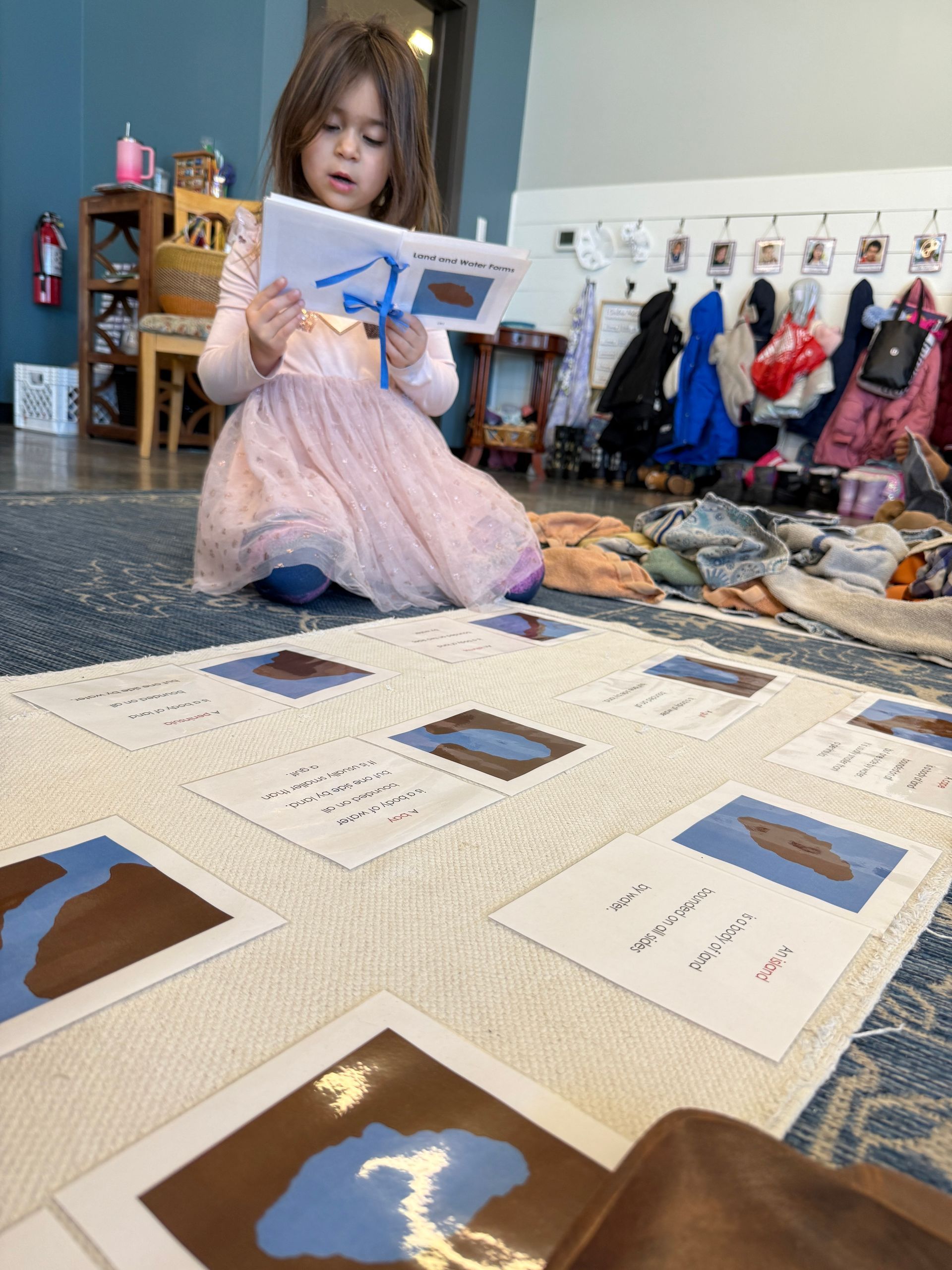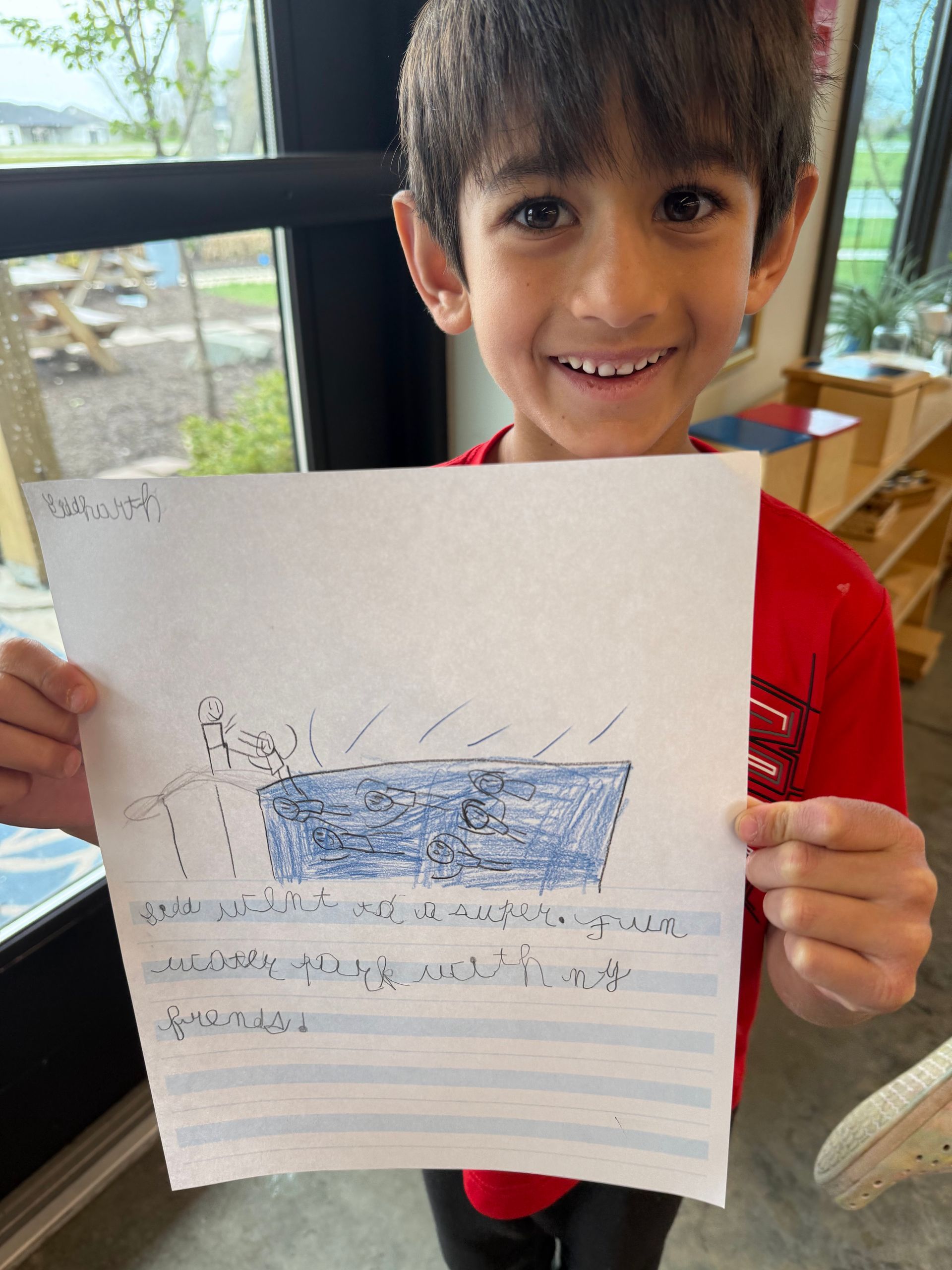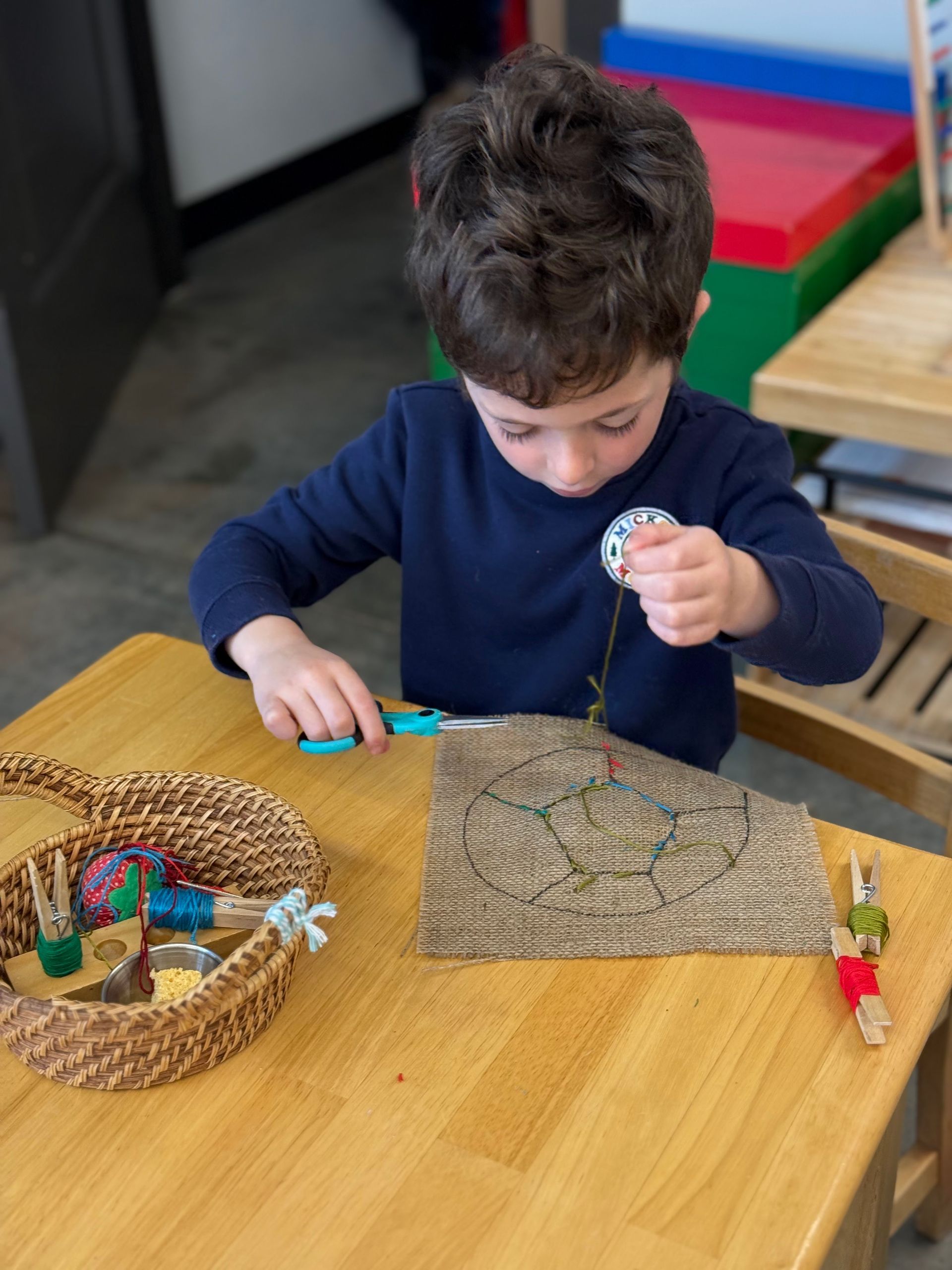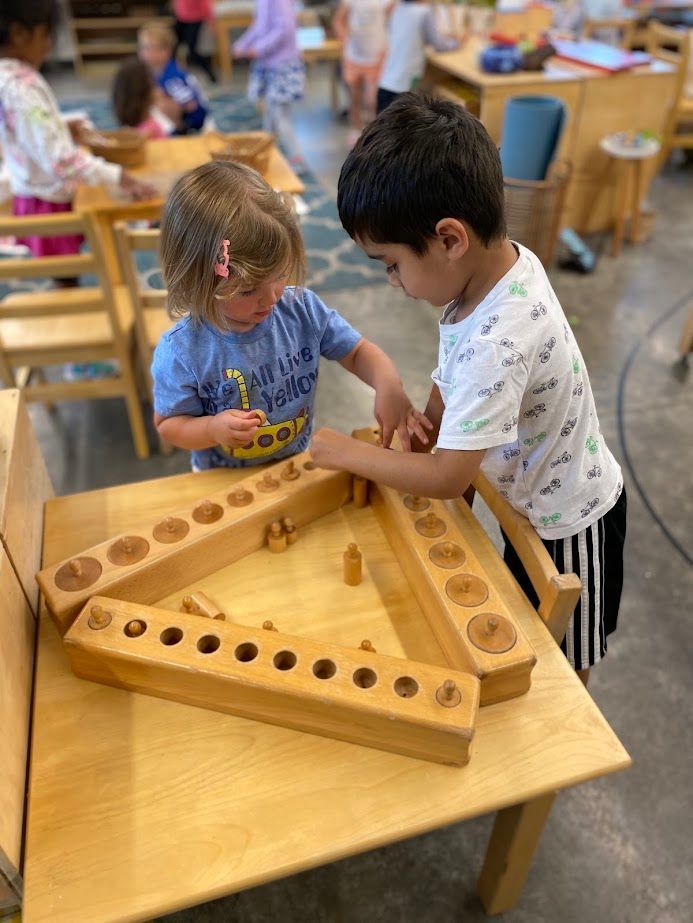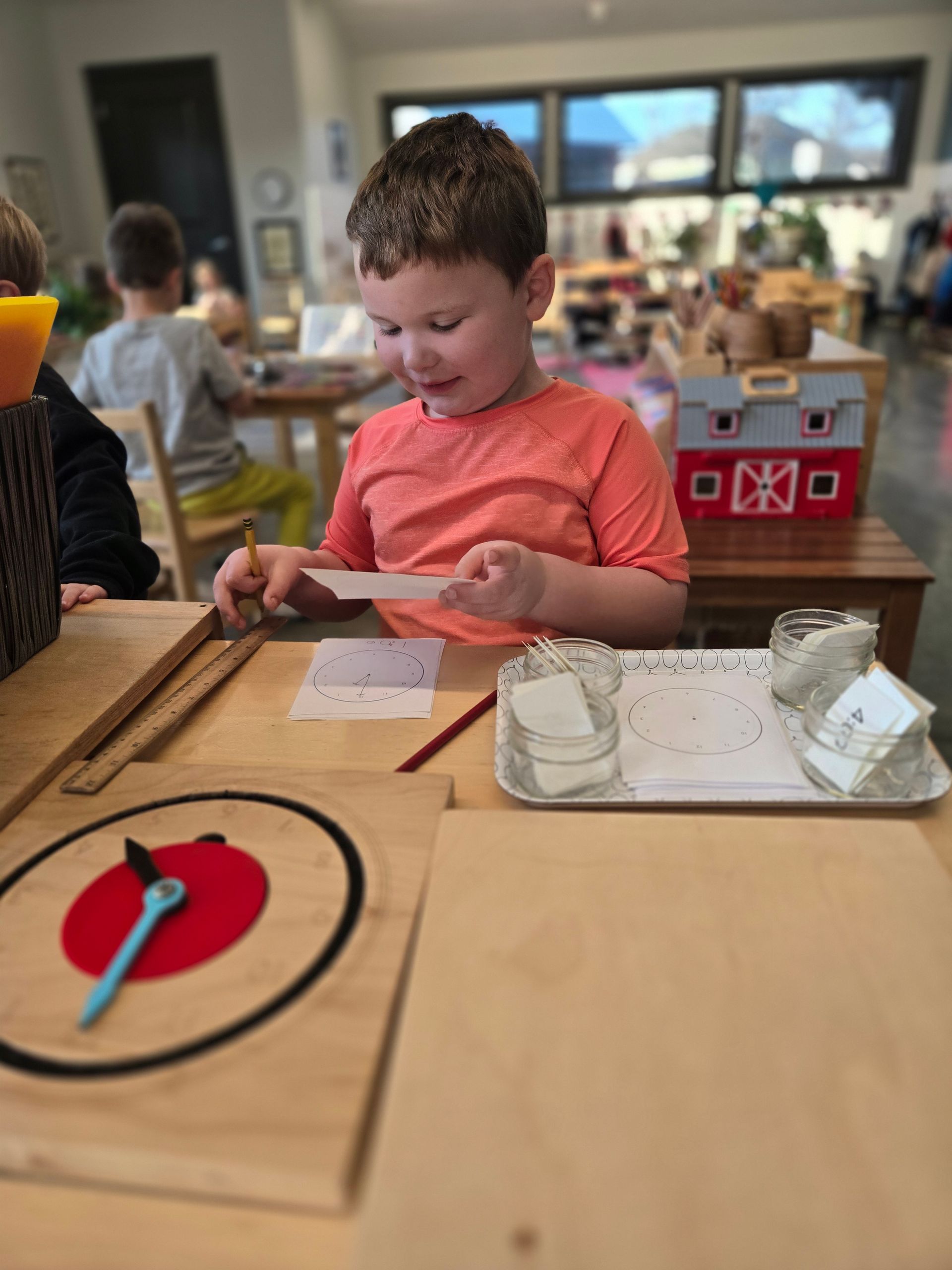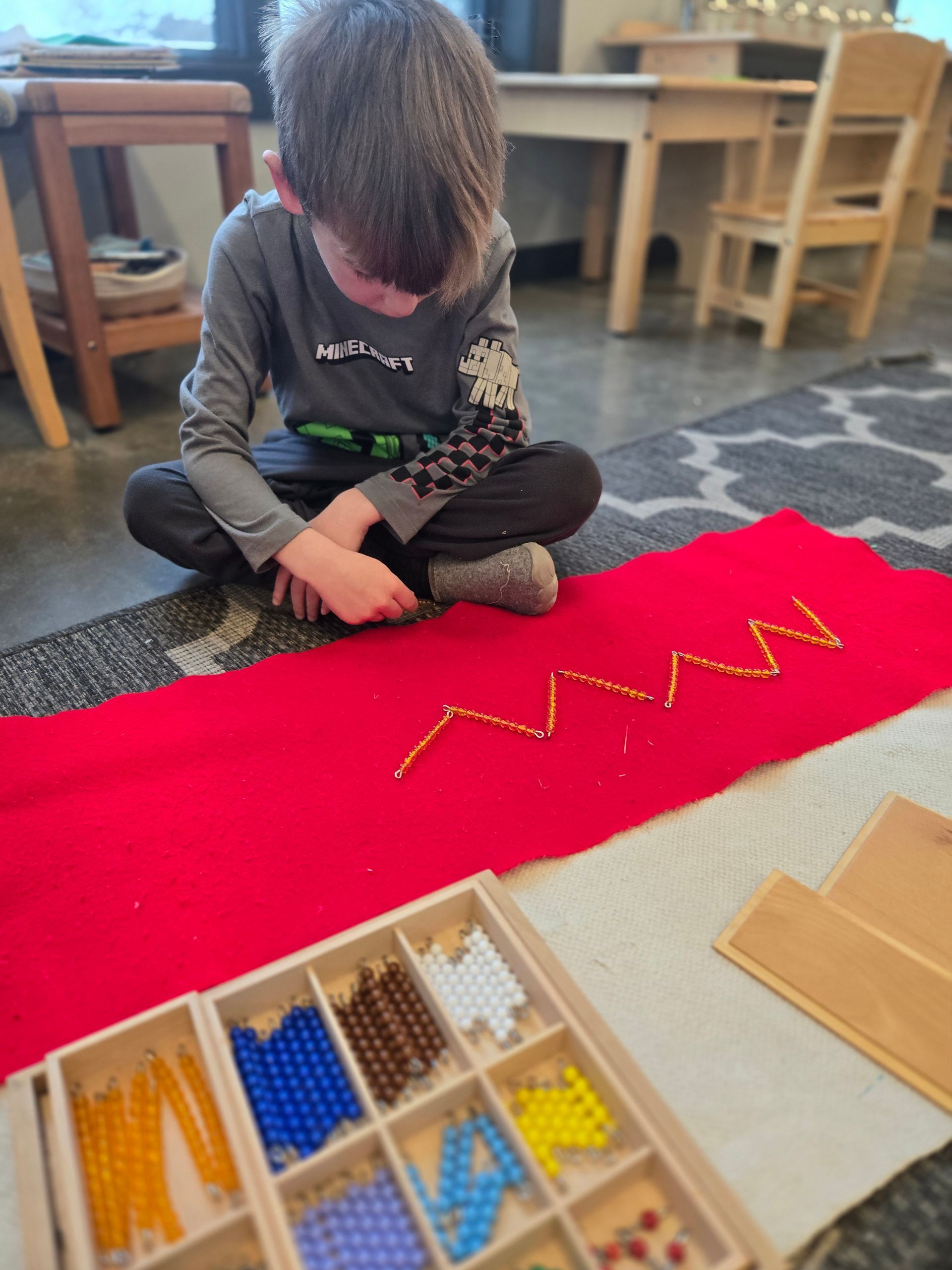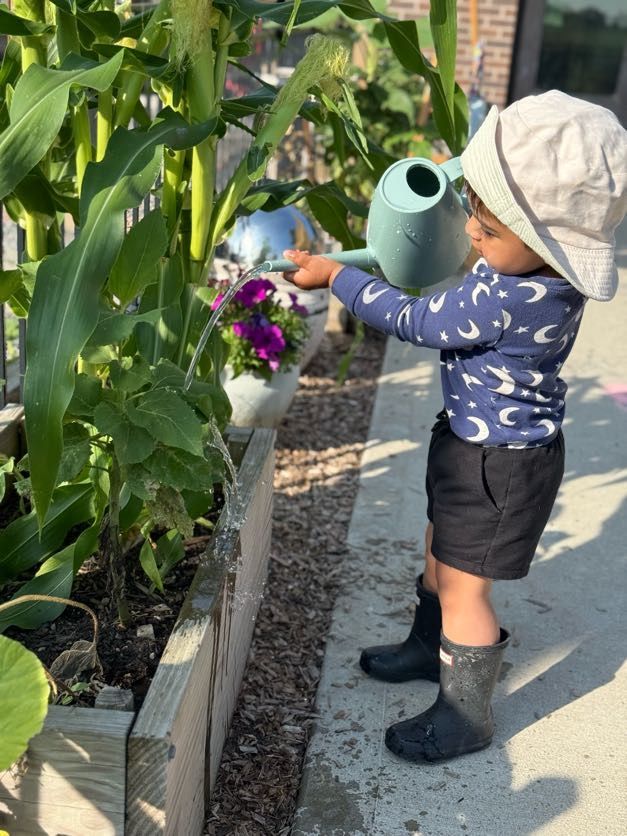"The child’s hunger for knowledge is a natural instinct; we must feed it with opportunity, not with information."
MARIA MONTESSORI
Nurturing Internal Motivation Through the Montessori Environment
One of the most powerful aspects of the Montessori method is its focus on nurturing a child’s internal drive — their natural desire to explore, learn, and succeed. Unlike traditional approaches that rely on rewards, praise, or competition, Montessori environments are intentionally designed to foster intrinsic motivation, helping children find joy in the learning process itself.
Understanding Internal Motivation
Internal motivation refers to the inner desire to engage in an activity for personal satisfaction rather than for external rewards. Research shows that when individuals are intrinsically motivated, they are more persistent, creative, and engaged. For children, this internal drive thrives when they feel autonomy, competence, and purpose in what they do.
How the Montessori Environment Supports Intrinsic Motivation
The Montessori method is built around key elements that encourage a child’s internal drive:
- Freedom of Choice Montessori classrooms allow children to choose their activities based on their interests. This sense of control fuels curiosity and commitment, as children naturally gravitate toward tasks that spark their engagement.
- Purposeful Work Montessori materials are thoughtfully designed to be hands-on and self-correcting, giving children immediate feedback. This allows them to experience the satisfaction of problem-solving and mastering new skills on their own — a powerful motivator.
- Emphasis on Process Over Results Rather than focusing solely on outcomes, Montessori environments celebrate effort, progress, and exploration. This encourages children to embrace challenges and see mistakes as part of the learning journey.
- A Calm, Focused Atmosphere The peaceful and organized Montessori environment promotes concentration and mindfulness. Children are encouraged to take their time, follow their interests, and complete tasks at their own pace, fostering deeper engagement.
- Independence and Responsibility By caring for their classroom space, preparing their own snacks, or choosing their learning activities, children develop a sense of ownership and pride in their achievements — reinforcing their inner motivation.
The Lasting Impact
When children are driven by internal motivation, they become confident, self-directed learners who are eager to take on new challenges. This foundational mindset not only supports academic success but also fosters resilience, creativity, and a lifelong love of learning. By nurturing a child’s natural curiosity, and empowering them to explore with purpose, the Montessori environment helps children experience what Montessori called the ‘joy of work’—discovering that the greatest reward lies within their own growth.

